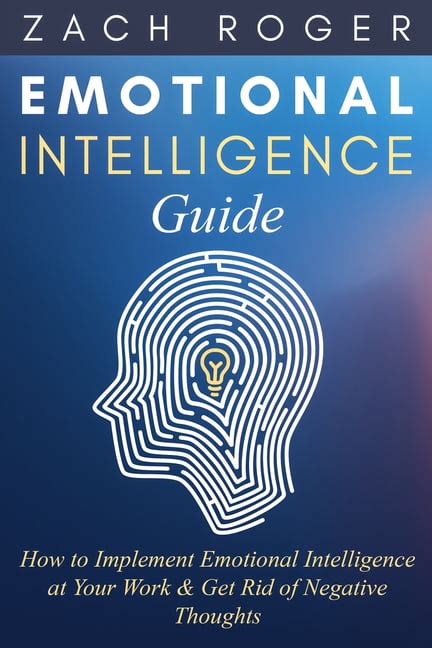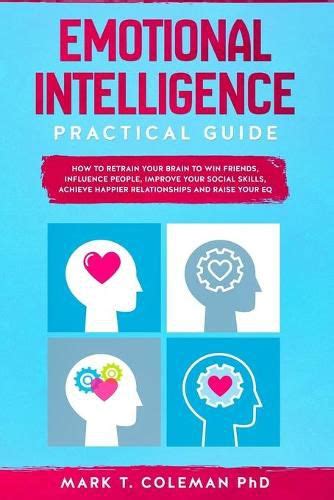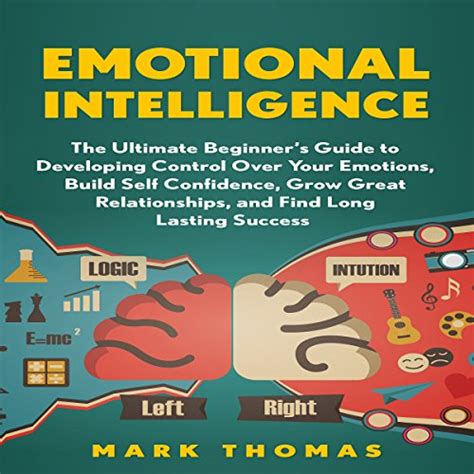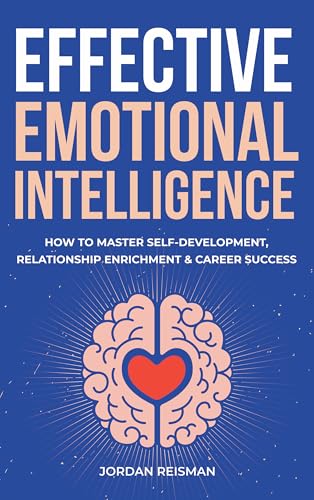Emotional intelligence (EI) has become increasingly recognized as a vital component of success in both personal and professional life. Unlike IQ, which measures cognitive abilities, emotional intelligence involves understanding and managing emotions—both our own and those of others. This skill plays a critical role in how we navigate social complexities, lead teams, and make decisions. In today’s fast-paced world, where collaboration and communication are key, those with high emotional intelligence are often better equipped to handle challenges, build strong relationships, and achieve their goals. This article will explore the concept of emotional intelligence, its importance for success, and practical ways to develop and strengthen this crucial skill set.
rosawblog.com invites you to delve into this topic thoroughly.
1. Introduction
In today’s fast-paced and interconnected world, success hinges not only on intellectual prowess but also on emotional intelligence (EI). This crucial capacity to understand, manage, and utilize emotions effectively in daily interactions is increasingly recognized as a key differentiator between high achievers and others. Emotional intelligence significantly impacts personal growth, career advancement, and leadership. Unlike traditional intelligence (IQ), which primarily focuses on cognitive abilities, emotional intelligence encompasses self-awareness, empathy, social skills, and emotional regulation. These skills are essential for effective communication, conflict resolution, and building strong relationships in both personal and professional contexts. As organizations and individuals strive for improved performance and positive environments, the emphasis on emotional intelligence continues to rise. This article delves into the nature of emotional intelligence, its importance in achieving success, and practical strategies for enhancing it. Additionally, it presents case studies of successful individuals who have harnessed high emotional intelligence to achieve their goals.

2. What is emotional intelligence?
Emotional intelligence (EI) is the capacity to perceive, comprehend, manage, and utilize emotions effectively, both within oneself and in interactions with others. This encompasses a set of skills that empower individuals to navigate social complexities, foster stronger connections, and make well-informed choices. Unlike IQ, which quantifies cognitive capabilities, emotional intelligence emphasizes emotional awareness and control, essential components in diverse spheres of life, ranging from personal relationships to professional environments.
Emotional intelligence is typically categorized into five essential components:
* Self-awareness: This involves recognizing one’s own emotions and understanding how they influence thoughts and behavior.
* Self-regulation: This refers to the ability to control impulsive feelings and behaviors, effectively managing emotions in a healthy manner.
* Motivation: This is characterized by being driven to achieve for reasons beyond external rewards, such as personal growth and self-fulfillment.
* Empathy: This involves understanding and sharing the emotions of others, fostering better communication and stronger relationships.
* Social skills: This encompasses the ability to manage relationships effectively, influencing others and achieving desired outcomes.
Developing these components empowers individuals to manage stress effectively, resolve conflicts constructively, inspire and lead others with confidence, and foster stronger, more meaningful relationships. In essence, emotional intelligence transcends mere emotion management; it harnesses emotions as tools for positive impact and personal fulfillment.

3. Importance of emotional intelligence in personal and professional success
Emotional intelligence (EI) is a key factor in achieving both personal and professional success. In our personal lives, EI empowers us to understand and manage our emotions effectively. This leads to greater self-control, reduced stress levels, and healthier relationships. By developing self-awareness and empathy, we can communicate more effectively, resolve conflicts more peacefully, and build stronger bonds with friends, family, and partners. Ultimately, these skills are crucial for fostering a supportive and harmonious personal environment.
Emotional intelligence is equally crucial in professional settings. It plays a pivotal role in leadership, teamwork, and communication. Leaders possessing high emotional intelligence are better positioned to inspire and motivate their teams, cultivate a positive work environment, and effectively manage stress and conflict. In roles demanding collaboration and interaction, emotional intelligence empowers employees to navigate complex social dynamics, comprehend diverse perspectives, and cultivate trust with colleagues and clients. This can result in enhanced teamwork, increased productivity, and greater overall job satisfaction.
Emotional intelligence is gaining recognition as a vital competency for career progression. Employers highly regard individuals who possess the ability to regulate their emotions, adapt to shifting circumstances, and exhibit empathy and comprehension. Consequently, cultivating emotional intelligence can unlock a wider range of opportunities for growth, promotions, and professional acclaim, culminating in greater career success.

4. Ways to improve emotional intelligence
To boost your emotional intelligence (EI), it’s crucial to cultivate a deeper understanding of your own emotions and learn how to manage them effectively. One powerful tool for enhancing EI is self-awareness. Regularly reflecting on your emotions and how your behavior impacts others is essential. Keeping a journal or engaging in mindfulness practices can significantly enhance this self-awareness.
A different approach focuses on self-regulation, the ability to manage impulsive reactions and respond thoughtfully in difficult situations. Techniques such as deep breathing, pausing before responding, and reframing negative thoughts can be effective in achieving emotional control.
Cultivating empathy is paramount. This involves actively listening to others, striving to comprehend their viewpoints, and responding with compassion. Empathy can be nurtured through engaging in open conversations and prioritizing the emotional well-being of others.
Finally, improving social skills, like effective communication, conflict resolution, and relationship management, can significantly enhance emotional intelligence. Practical steps towards achieving higher emotional intelligence include practicing active listening, seeking feedback, and focusing on building positive relationships.
rosawblog.com
